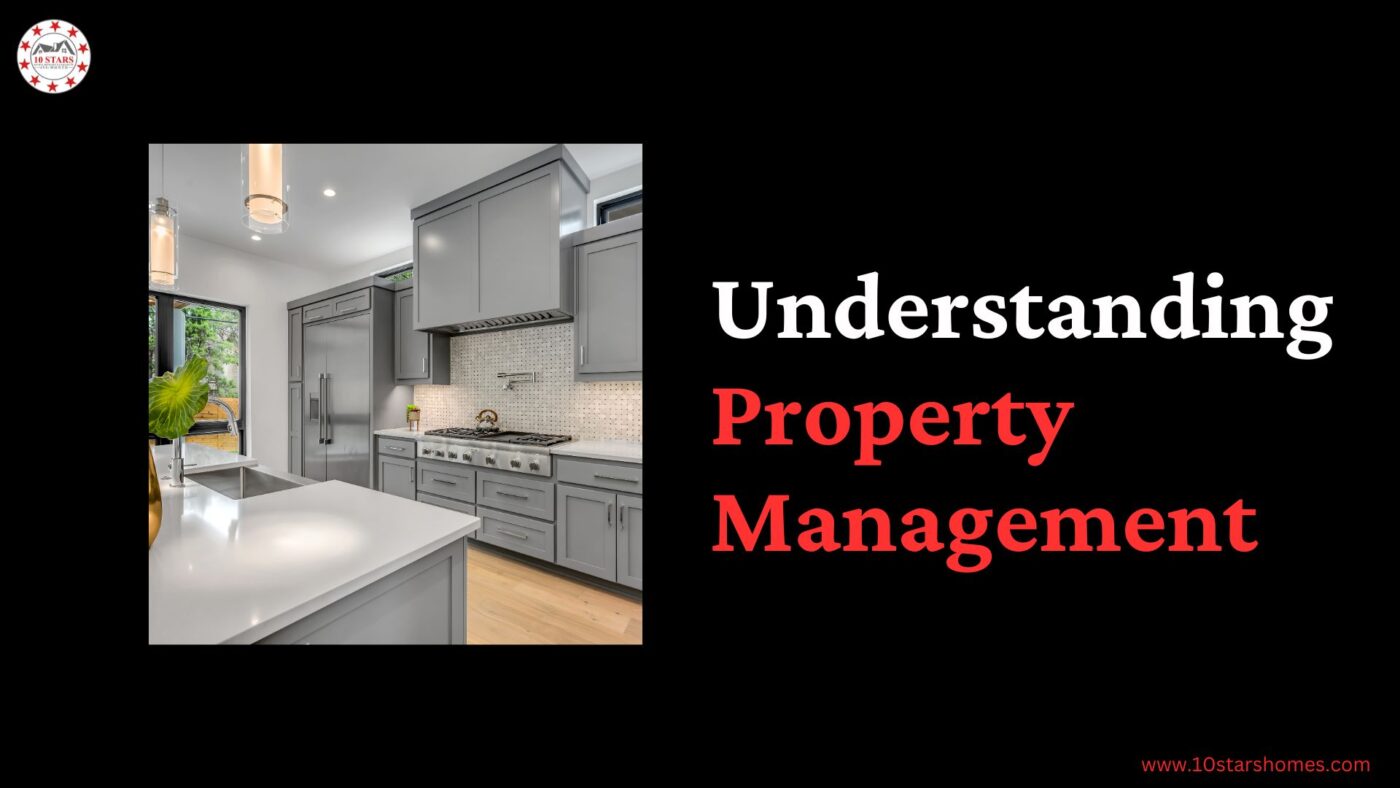The real estate sector relies heavily on the diverse discipline of property management. Understanding the subtleties of property management can have a significant impact on your experience, whether you’re a renter, landlord, or investment. Property management involves a variety of duties that call for knowledge and dexterity, from making sure rental properties are maintained to managing tenant relationships. We will go into the world of property management in this blog article, looking at its foundational elements, advantages, difficulties, and best practices.
The Essence of Property Management
The supervision, operation, and maintenance of real estate properties are all included in property management. It acts as a link between landlords and tenants, ensuring that the homes are kept properly, the tenants are happy, and the investment is profitable. Property managers assume a variety of duties to maintain the successful operation of properties, frequently working on behalf of the property owners.
Key Responsibilities of Property Managers
- Tenant Acquisition and Screening: One of the primary roles of property managers is to find suitable tenants for vacant properties. This involves advertising properties, conducting background checks, verifying references, and assessing potential tenants’ financial stability.
- Rent Collection: Property managers ensure timely and consistent rent collection. This includes setting rent prices, sending out invoices, and managing late payments.
- Property Maintenance and Repairs: Keeping properties in good condition is crucial for both tenant satisfaction and maintaining property value. Property managers coordinate regular maintenance and address repairs promptly.
- Tenant Relations: Property managers act as intermediaries between landlords and tenants, addressing concerns, handling complaints, and ensuring a harmonious tenant-landlord relationship.
- Legal Compliance: Property managers need to stay up-to-date with local and state laws governing rental properties. This includes understanding eviction processes, fair housing regulations, and property inspection requirements.
- Financial Management: Property managers often handle property-related finances, including budgeting for expenses, maintaining financial records, and providing regular financial reports to property owners.
- Property Marketing and Advertising: When a property becomes vacant, property managers create effective marketing strategies to attract potential tenants. This may involve creating property listings, showcasing the property’s features, and leveraging online platforms.
Benefits of Professional Property Management
- Time and Stress Savings: Managing a property can be time-consuming and stressful. Hiring a property manager allows property owners to delegate tasks and focus on other aspects of their lives or investments.
- Tenant Quality: Property managers have experience in tenant screening, leading to better-quality tenants who are more likely to pay rent on time and take care of the property.
- Legal Expertise: Navigating the complex web of rental laws and regulations can be challenging. Property managers bring legal expertise to ensure landlords and tenants are compliant with relevant laws.
- Property Value Maintenance: Regular maintenance and timely repairs help preserve the value of the property over time. Property managers ensure that properties are well-maintained, which can lead to higher resale or rental values.
- Marketing Edge: Property managers are skilled in creating appealing property listings and advertising strategies, reducing vacancy periods and ensuring a steady income stream for property owners.
Challenges in Property Management
- Tenant Turnover: Frequent tenant turnover can lead to increased vacancy periods, higher maintenance costs, and administrative burdens for property managers.
- Emergency Situations: Property managers must be prepared to handle emergencies such as plumbing issues, electrical problems, and natural disasters, requiring quick decision-making and coordination.
- Difficult Tenants: Dealing with difficult tenants can be challenging. Property managers need to address conflicts, enforce lease agreements, and handle evictions when necessary.
- Regulatory Changes: Rental laws and regulations can change frequently. Staying current with these changes and adapting management practices accordingly is essential but demanding.
- Balancing Priorities: Property managers juggle multiple tasks, from financial management to maintenance scheduling. Finding the right balance is crucial for effective property management.
Best Practices in Property Management
- Clear Communication: Open and transparent communication with both property owners and tenants is vital. Regular updates, addressing concerns promptly, and setting clear expectations contribute to positive relationships.
- Thorough Tenant Screening: Conduct thorough background and credit checks on potential tenants to reduce the risk of problematic tenants.
- Proactive Maintenance: Implement a regular maintenance schedule to prevent issues from escalating and to maintain property value.
- Document Everything: Keep detailed records of all interactions, financial transactions, and property-related activities. This documentation can be crucial in case of disputes or legal issues.
- Stay Educated: Property management is an evolving field. Staying informed about industry trends, legal changes, and best practices is essential for success.
Conclusion
Property management is a dynamic and essential aspect of real estate ownership and investment. To guarantee that properties are well-maintained, tenants are content, and investments stay profitable, a blend of interpersonal skills, legal knowledge, and practical experience is needed. Knowing the nuances of property management is an invaluable advantage in navigating the world of real estate, whether you’re a property owner aiming to maximize returns or a tenant seeking a satisfying renting experience.

